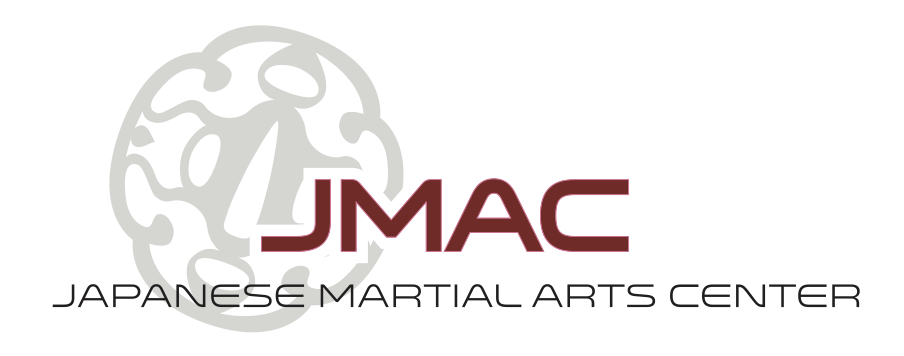(The rest of the article can be found at here.)
The founder of Nihon Jujutsu, Shizuya Sato Sensei.
1. "Nihon" means "Japanese"
2. "Ju" means "gentle, soft, supple, flexible, pliable or yielding"
3. "Jutsu" means "art or technique"
However, given the variations of spelling and usage of terms related to ‘jûjutsu,’ as well as the confusion that arises as a result, it’s probably helpful to look at the origins of the term as it’s written in Japanese and English.
So you could argue that jyû-jitsu, or Jiu-Jitsu, is a spelling error – similar to the incorrect use of a homophone in English like there, they’re, or their – which later became established as "Brazilian jiu-jitsu" or "Gracie Jiu-Jitsu" to differentiate the styles. When referring to the Brazilian counterpart, it is common to use the spelling "Jiu-Jitsu." Brazilian Jiu Jitsu is also often referred to as "jitz" or "BJJ".
At the Japanese Martial Arts Center, the Nihon Jujutsu style is taught. Nicklaus Suino Sensei is a direct student of Sato Shizuya Sensei, the founder of Nihon Jujutsu. For more information, email info@japanesemartialartscenter.com.

No comments:
Post a Comment